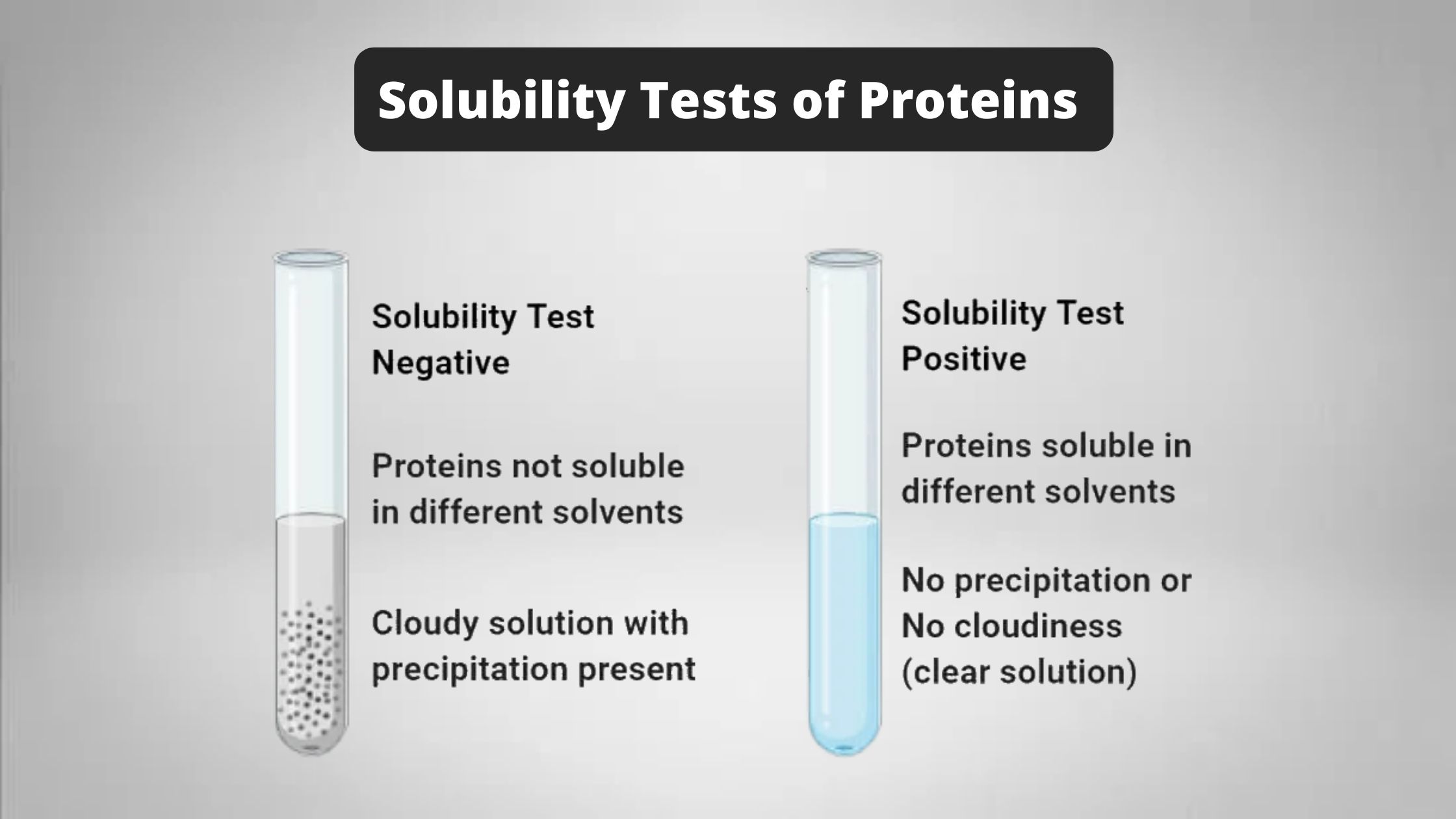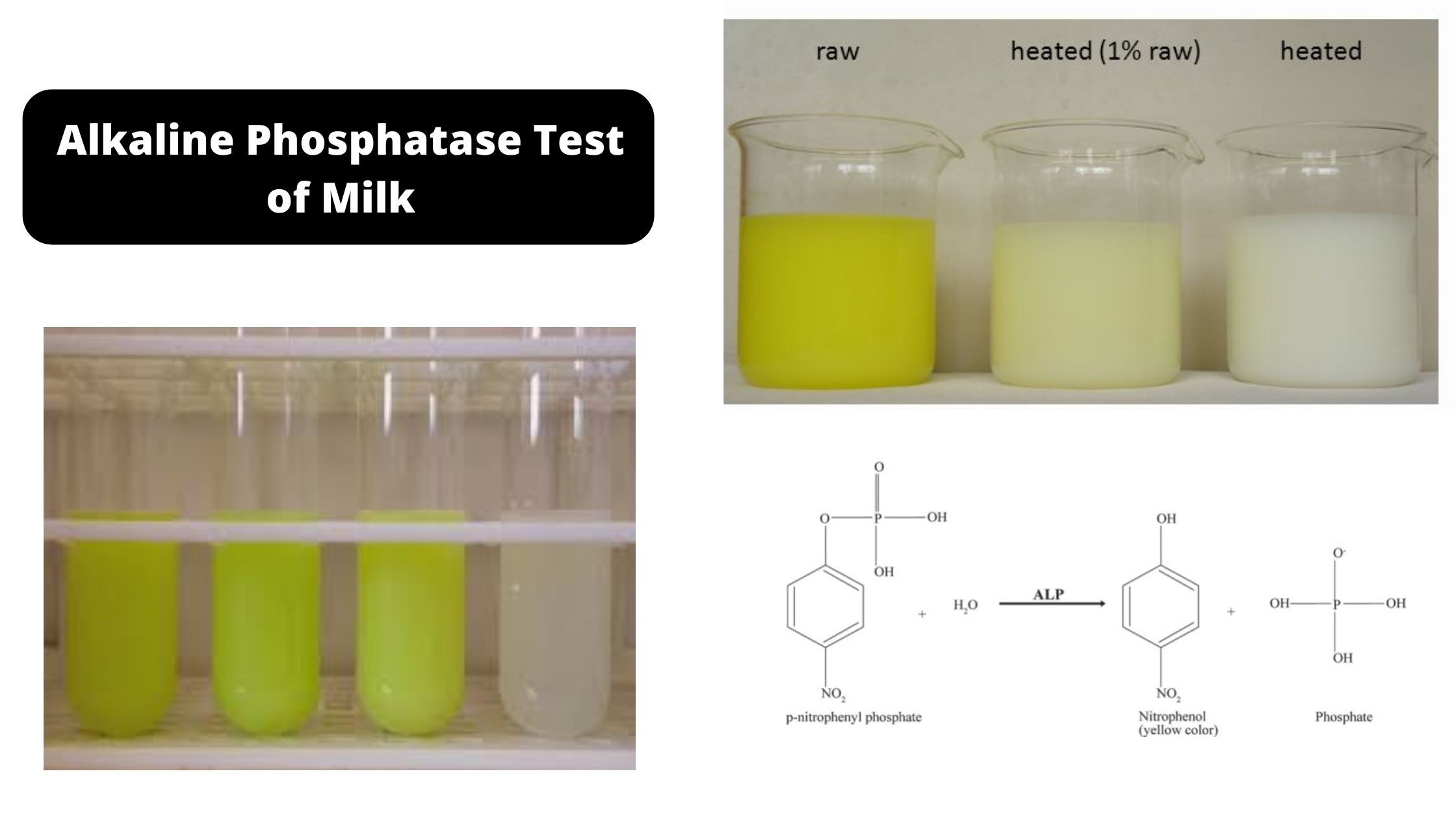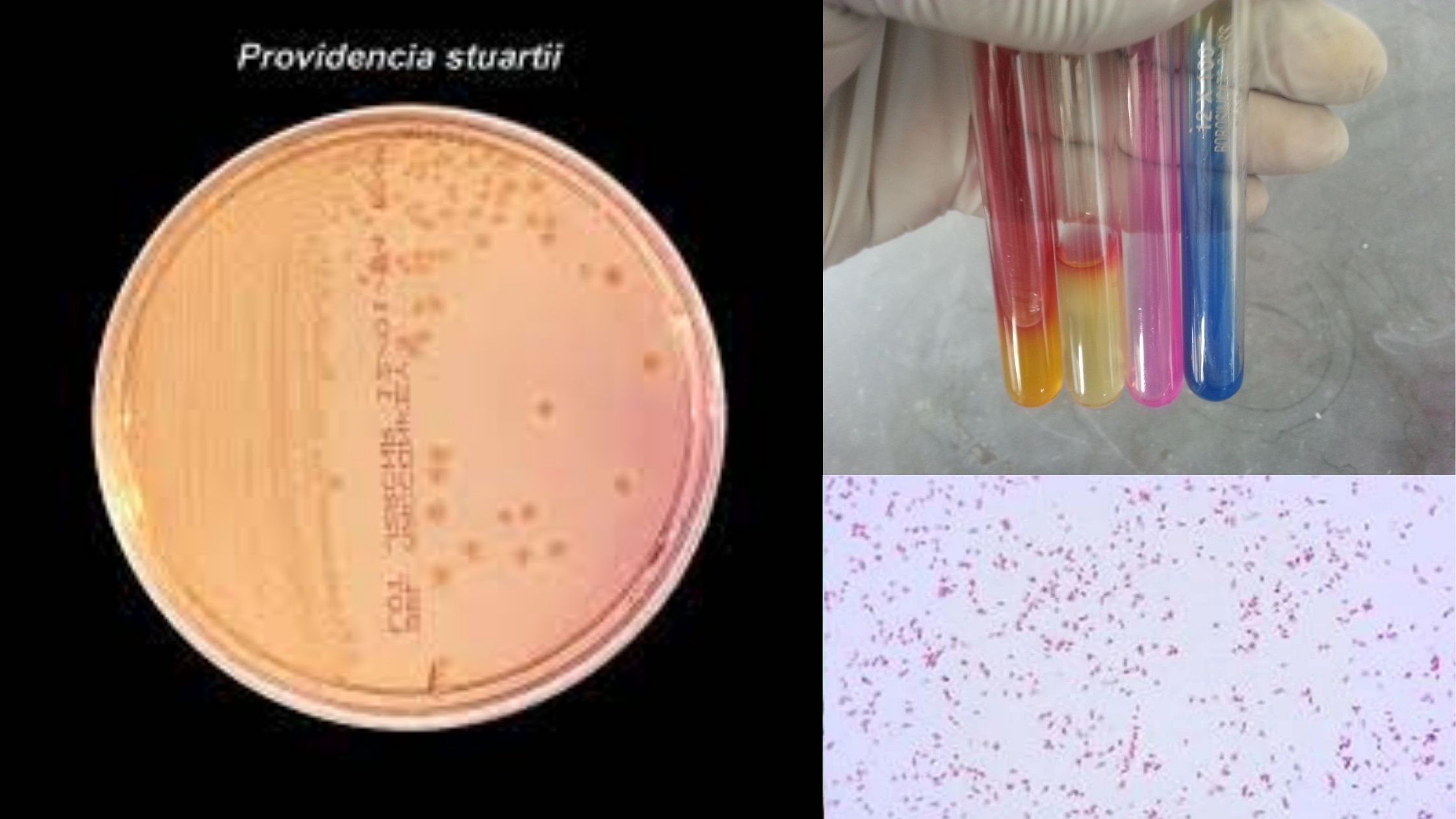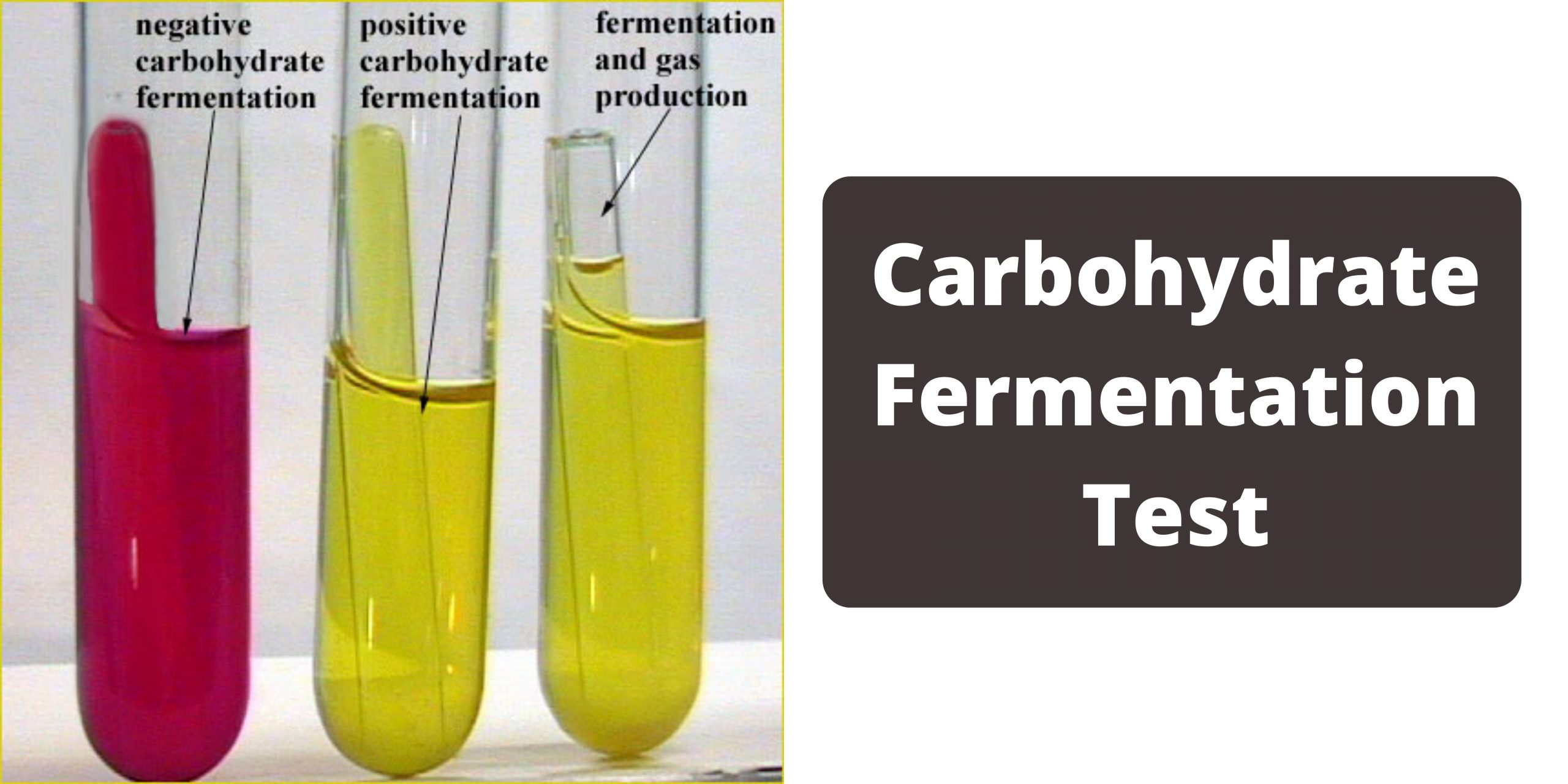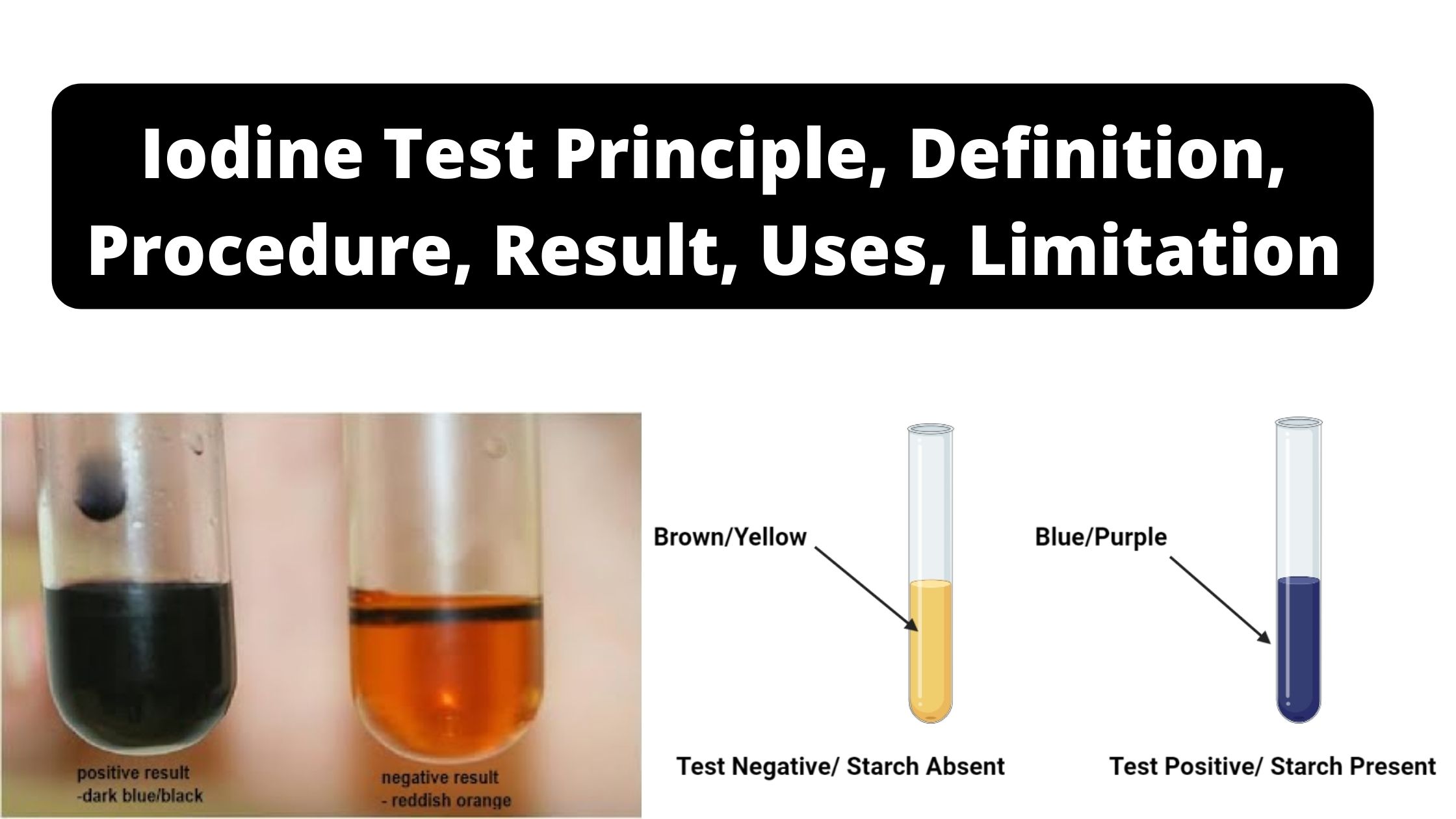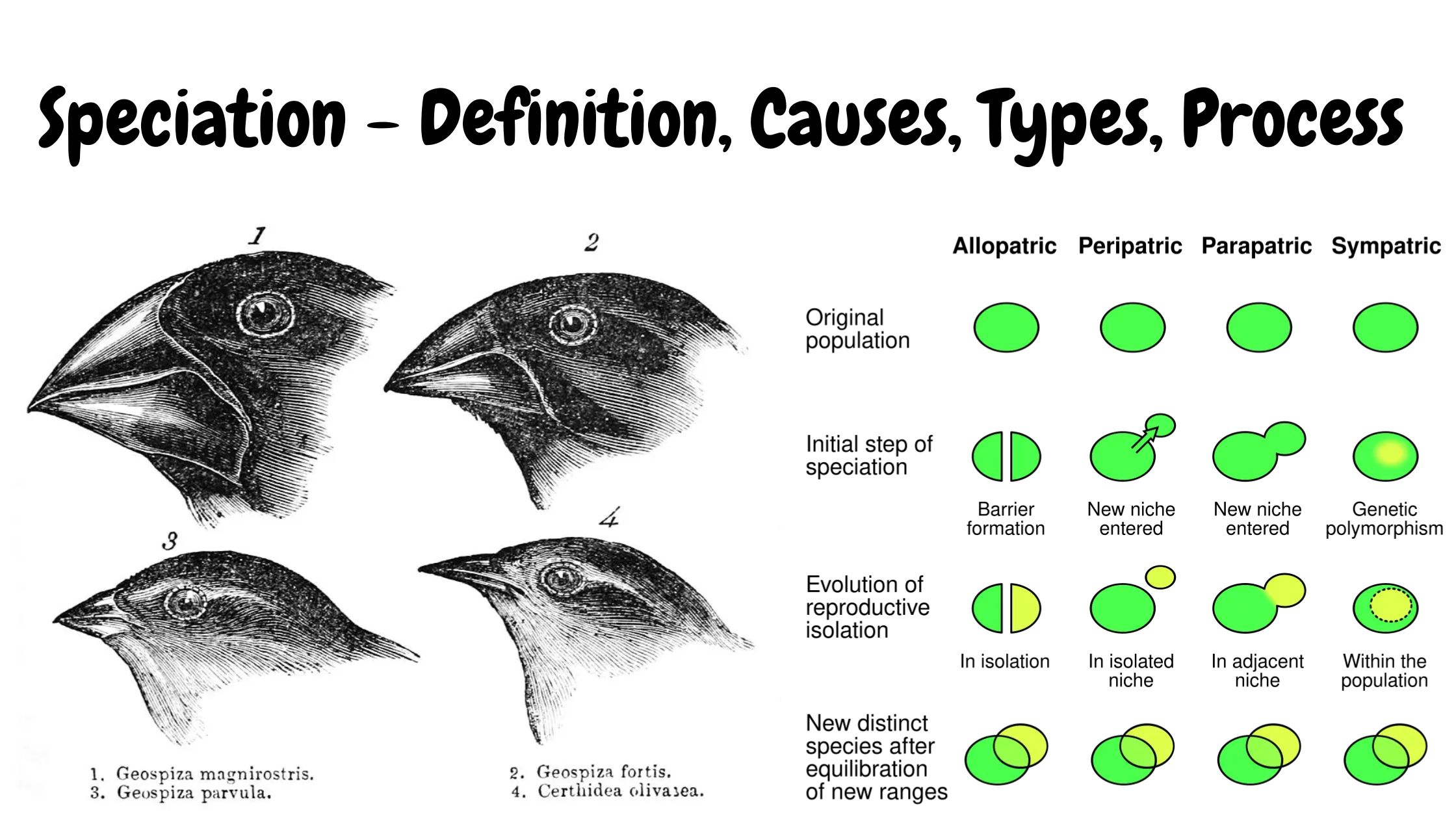Fehling’s Test – Principle, Procedure, Result
Academic Writer, Microbiology Specialist • M.Sc. Microbiology, Calcutta University, Founder of Biologynotesonline.com
Sourav is the founder and sole author of Biology Notes Online. He holds a Master’s degree in Microbiology from Calcutta University and has over 5 years of experience in academic writing, life science content creation.
His content reflects hands-on lab expertise, deep subject knowledge, and a strong passion for simplifying biology for students. Whether it’s genetics, microscopy, or metabolic pathways — Sourav explains it in a way that’s accurate, exam-focused, and easy to remember.
He regularly updates and fact-checks all the material published on this site, ensuring students get trustworthy and updated biology notes with references to real scientific sources.
Learn about our Editorial ProcessThis test also can differentiate between ketone functional groups and water-soluble carbohydrates.

